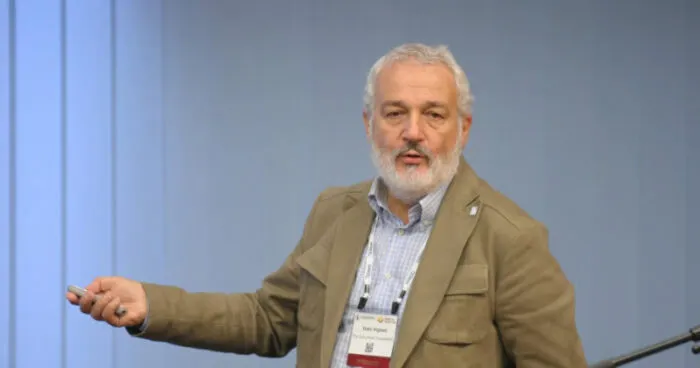“European countries have been growing increasingly wary of relying on Microsoft for critical government and public sector services. Concerns about data privacy, digital sovereignty, and potential governmental surveillance have led many to question the viability of depending on an American tech giant for sensitive infrastructure.”
The point is, this is actually quite possible to do. Whether an organisation invests in its own people, or employs local companies to assist, it can be done. It is the marketing machine of Microsoft that convinces executives that Microsoft is so easy, that pays to certify installers and consultants, etc. The same can be done by governments, just like the UK government established their PRINCE project methodology, which all consultants and training companies were certified against.
The same also goes for document formats. There is no reason to be stuck on .docx after so many governments committed to actually using ODF instead. Governments are not helpless, and can set standards to be complied with, and industry will conform if they want contacts. The big benefit for everyone involved is, anyone can freely download fully compliant ODF suites, and they do really work much the same as Microsoft Office does.
I know this personally as I was part of a project to ready our own government to transition away from Microsoft in 2007. Yes, that never happened, but the reasons had nothing to do with the technology not working, or workers not being able to use Zimbra mail or LibreOffice. It was all politics and backroom manoeuvring around the IT staff.
Such a change though does take guts and drive to implement, and the willingness of someone to stand up to the so-called “norm” of Microsoft. The world not only needs digital sovereignty, it also needs more competition and choices. Such choices do rest on having proper open standards for the formats of data being stored and processed. Vendor lock-in should be a major red flag for any government.
See https://news.itsfoss.com/french-city-replaces-microsoft






